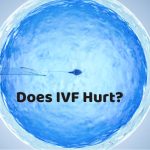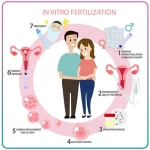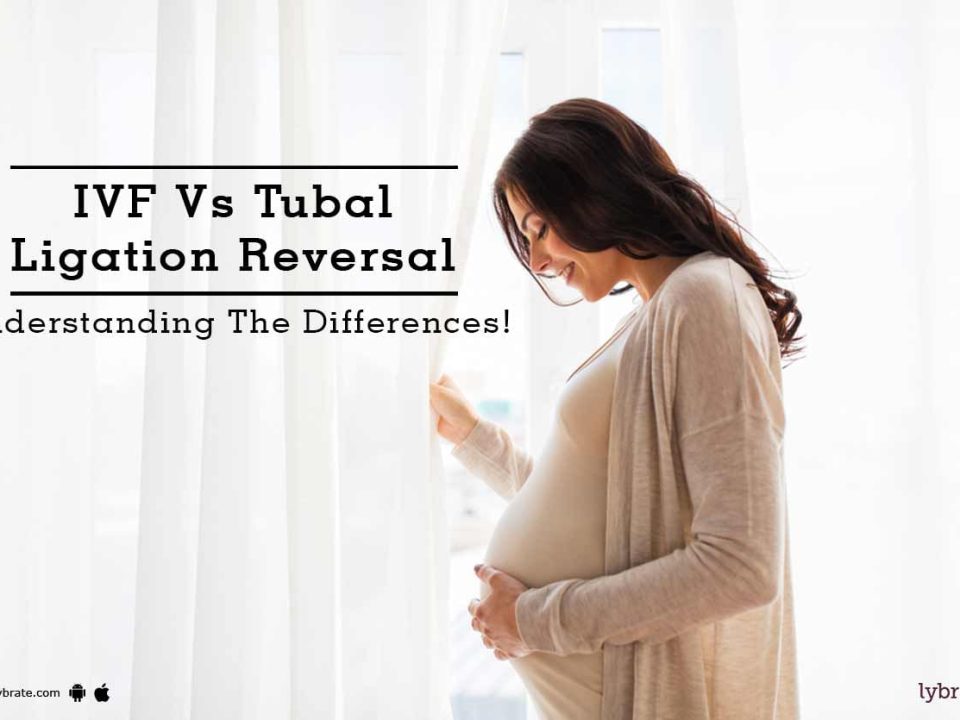How Much Does IVF Cost in Texas?
If you’re thinking about starting a family through in vitro fertilization (IVF), one of the first questions that pops up is probably, “How much is this going to cost?” It’s a big decision, and in Texas, where everything feels a little larger-than-life, the price tag can vary quite a bit depending on where you go, what you need, and how you plan it out. IVF isn’t cheap anywhere, but Texas offers a unique mix of options, from big-city clinics to more affordable alternatives. Let’s dive into what you can expect to pay, why costs differ, and how to make it work for your budget—all while keeping things real and relatable.
IVF is a journey, both emotionally and financially. For many, it’s a dream worth chasing, but the numbers can feel overwhelming at first. Don’t worry—I’m here to break it all down for you, step by step, with some fresh insights and practical tips you might not find everywhere else. Whether you’re in Houston, Dallas, San Antonio, or a smaller town, this guide will give you a clear picture of IVF costs in Texas as of April 2025, plus some creative ways to save money and navigate the process.
What’s the Average Cost of IVF in Texas?
In Texas, the average cost of a single IVF cycle typically ranges between $15,000 and $30,000. That’s a wide range, right? The reason is simple: no two IVF journeys are exactly alike. A basic cycle might start around $10,000 at some clinics, but once you add in medications, testing, and extras like genetic screening, the total can climb fast. For example, a clinic in Houston might quote you $13,400 for a cycle with preimplantation genetic testing (PGT), while a Dallas center could charge closer to $21,000 for the same package.
Here’s a quick snapshot of what you’re looking at:
- Base IVF Cycle: $10,000–$15,000 (covers monitoring, egg retrieval, and embryo transfer)
- Medications: $3,000–$10,000 (depends on your body’s response and dosage)
- Additional Services: $1,000–$6,000 (think genetic testing, embryo freezing, or donor materials)
Why such a big gap? Location plays a role—clinics in bigger cities like Austin or Dallas often have higher overhead costs. Plus, your personal needs matter. If you’re using your own eggs and sperm, it’s cheaper than if you need a donor or a surrogate. The good news? Texas has some clinics offering competitive prices compared to coastal states, and there are ways to bring that number down (more on that later!).
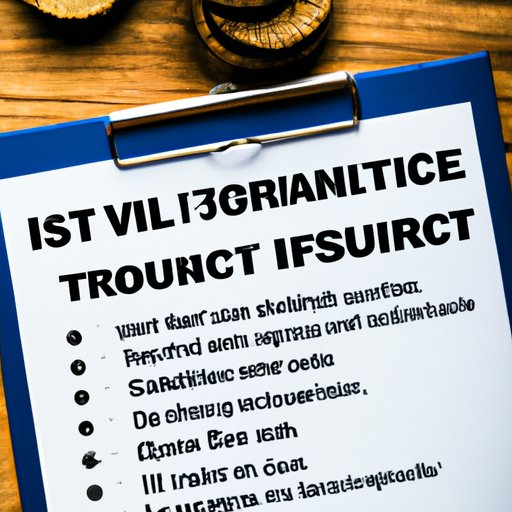
Breaking Down the IVF Process and Costs
To really get why IVF costs what it does, let’s walk through the steps. Each part comes with its own price tag, and understanding this can help you plan better.
Step 1: Initial Consultation and Testing
Before anything starts, you’ll meet with a fertility specialist. This visit usually costs $250–$500, and it’s where you’ll talk about your goals and get some baseline tests—like blood work or an ultrasound—to see what’s going on. Some Texas clinics bundle this into the IVF package, but others charge separately. Pro tip: Ask upfront if your insurance covers diagnostics, even if it doesn’t cover IVF itself. Many plans do, and that can save you a few hundred bucks right off the bat.
Step 2: Ovarian Stimulation and Medications
Next, you’ll take meds to help your ovaries produce multiple eggs. This is a big chunk of the cost—anywhere from $3,000 to $10,000. Why so much? These aren’t your average pills; they’re injectable hormones tailored to you. A younger person might need less, while someone over 35 might need higher doses. In Texas, some clinics partner with pharmacies to offer discounts, so it’s worth shopping around.
Step 3: Egg Retrieval and Fertilization
Once your eggs are ready, a doctor retrieves them in a quick outpatient procedure. This part, plus lab work to fertilize the eggs with sperm, is usually included in the $10,000–$15,000 base fee. Anesthesia adds another $500 or so. If you’re doing intracytoplasmic sperm injection (ICSI)—where they inject sperm directly into the egg—it might tack on $800–$2,500.
Step 4: Embryo Transfer
After a few days, the healthiest embryo gets transferred to your uterus. This is part of the base cost, but if you freeze extra embryos for later (called a frozen embryo transfer, or FET), expect to pay $4,000–$6,000 per transfer in Texas. Freezing itself might cost $500–$1,000 upfront, plus storage fees of $300–$600 per year.
Step 5: Follow-Up and Pregnancy Testing
After the transfer, you’ll have checkups to see if it worked. These visits are often included, but extra tests (like repeat pregnancy checks) could add $100–$300. If it doesn’t work, you might need to start over, which is why some folks opt for multi-cycle packages to save money long-term.
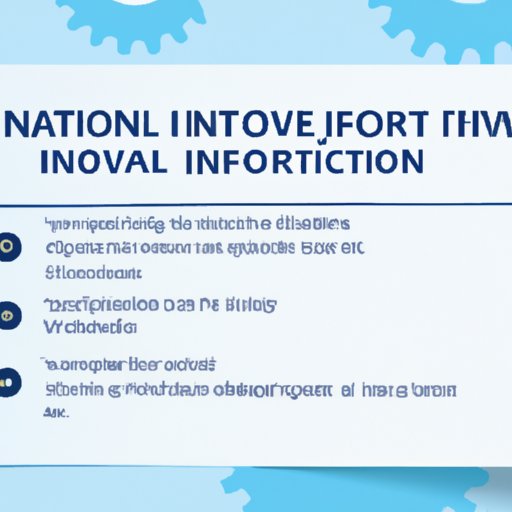
Why IVF Costs Vary Across Texas
Texas is huge, and so are the differences in IVF pricing. Here’s what drives those changes:
Location, Location, Location
Clinics in metro areas like Houston or Dallas tend to charge more because of higher rent and staff costs. For example, a single cycle in Dallas might average $18,000, while in San Antonio, it could dip to $14,000. Smaller towns might offer even lower rates, but options can be limited. If you’re near a big city, you might find a sweet spot by driving a bit to a suburban clinic.
Clinic Reputation and Success Rates
Top-tier clinics with high success rates—like those boasting 65% live births for women under 35—often charge a premium. You’re paying for expertise and cutting-edge tech. But here’s a thought: a less-known clinic with solid results might cost less and still get you there. Check success rates on the CDC’s ART database to compare.
Your Unique Needs
If you need extras like donor eggs ($35,000–$60,000) or a surrogate (up to $100,000+), costs skyrocket. Even simpler add-ons, like PGT to screen embryos for genetic issues, can add $3,000–$5,000. Your age and health play a role too—older patients might need more cycles, pushing the total higher.
Does Insurance Cover IVF in Texas?
Here’s where Texas stands out. Unlike many states, Texas has a law requiring insurance companies to offer IVF coverage if they cover pregnancy-related services. That’s a win, but there’s a catch: your employer doesn’t have to include it in your plan, and you need a five-year history of infertility to qualify. Religious employers and self-insured companies are exempt too.
So, what’s the reality? About 20% of Texans with insurance get some IVF help, according to clinic estimates. If you’re lucky, your plan might cover diagnostics or meds, shaving off $1,000–$5,000. Call your provider and ask these questions:
- Does my plan cover fertility treatments?
- Are consultations and tests included?
- What about medications or specific procedures like ICSI?
If you’re uninsured, don’t panic—Texas clinics often have financing options or discounts we’ll explore soon.
Interactive Quiz: What’s Your IVF Budget?
Let’s make this fun! Answer these quick questions to estimate your starting point:
- Where do you live in Texas?
- A) Big city (Houston, Dallas, Austin)
- B) Suburb or smaller town
- Will you use your own eggs and sperm?
- A) Yes
- B) No, I’ll need donor materials
- How many cycles are you planning for?
- A) Just one to start
- B) Two or more
Results:
- Mostly A’s: You’re looking at $15,000–$20,000 for a basic cycle.
- Mix of A’s and B’s: Expect $20,000–$30,000 with some extras.
- Mostly B’s: Budget $30,000+ with donors or multiple tries.
This is just a rough guide—your real cost depends on your clinic and needs. What did you get? Share in your head and let’s keep going!
Hidden Costs You Might Not Expect
Most articles list the obvious stuff—base fees, meds, transfers. But there are sneaky expenses that can catch you off guard. Here are three I dug up that don’t get enough attention:
Travel and Time Off Work
If your clinic’s an hour away, gas and parking add up—maybe $50–$100 per visit, with 5–10 trips per cycle. Plus, egg retrieval and transfer mean a day off work. In Texas, where distances are big, this can hit harder than you think. Plan ahead: Can you batch appointments or work remotely?
Emotional Support Costs
IVF is a rollercoaster. Therapy or support groups aren’t always free—expect $50–$150 per session. Some Texas clinics offer free peer groups, though, so ask about those. Your mental health matters, and budgeting for it can make a difference.
Post-Cycle Expenses
If you get pregnant, congrats! But early monitoring (like extra ultrasounds) might cost $200–$500 if not covered. If it doesn’t work, you might spend $1,000+ on tests to figure out why. These aren’t always in the upfront quote, so stash some cash for the “what ifs.”
How to Save Money on IVF in Texas
Now, the fun part—how to keep more money in your pocket. Texas has some unique opportunities to cut costs without cutting corners.
Look for Multi-Cycle Discounts
Some clinics offer packages for 2–3 cycles at a lower rate—like $25,000 instead of $15,000 per try. Since the average person needs 2.3 cycles to succeed (per FertilityIQ), this can save you thousands. Check places like Conceive Fertility Center in Dallas—they’re known for competitive pricing.
Explore INVOcell
Ever heard of INVOcell? It’s a newer option where your body acts as the incubator instead of a lab. In San Antonio, Fertility Center of San Antonio offers it for $5,900–$9,400 per cycle, way less than traditional IVF. Studies show success rates are similar for the right candidates (Reproductive Resource Center, 2023). Ask your doctor if you qualify.
Travel Smart
If you’re near a border like Oklahoma or Louisiana, compare prices. A clinic in Shreveport might charge $12,000 versus $18,000 in Dallas. Add $200 for travel, and you’re still ahead. Use Google Maps to find clinics within a 2-hour drive and call for quotes.
Tap Into Grants and Tax Breaks
The Fertility Foundation of Texas offers grants up to $10,000 for Central Texas residents. Nationally, groups like BabyQuest give out $5,000–$15,000. Plus, IVF costs are tax-deductible if you itemize—talk to a tax pro to save $2,000–$5,000 on your return.
Real Stories: IVF Costs in Texas
Let’s bring this home with a couple of examples. These are made-up but based on real trends I’ve seen.
Sarah from Austin
Sarah, 32, went to Aspire Fertility in Austin. Her base cycle was $15,000, meds were $4,000, and she added PGT for $3,000—totaling $22,000. Insurance covered her consult ($300), and she got a $2,000 grant. Final cost: $19,700. She’s pregnant after one try and says the clear pricing helped her plan.
Mike and Jen from Lubbock
This couple, both 38, needed two cycles at $14,000 each in San Antonio (they drove 6 hours). Meds cost $6,000 total, and they froze embryos for $1,000. Total: $35,000. They financed half through Prosper Lending and used a military discount (Mike’s a vet). It took two tries, but they’re expecting twins!
Poll: What’s Your Biggest IVF Worry?
Quick question for you: What stresses you out most about IVF costs? Pick one:
- A) The upfront price
- B) Hidden fees
- C) Insurance confusion
- D) Not knowing if it’ll work
Think about it—I’d love to hear your answer in your mind! It’ll help you focus on what matters as we wrap up.

Fresh Insights: What’s New in 2025?
Since it’s April 2025, let’s look at what’s trending. Based on chatter online (think X posts and Google Trends), people are buzzing about affordable IVF options and insurance updates. Here’s what’s fresh:
Mini-IVF Gains Traction
Mini-IVF uses lower doses of meds, cutting costs to $8,000–$12,000 per cycle. Clinics like ReproMed in Dallas are pushing it, and a 2023 study in Journal of Assisted Reproduction found it’s just as effective for women under 35 with good ovarian reserve. Worth asking about!
Telemedicine Consults
More Texas clinics now offer virtual visits, saving you $50–$100 per trip. A quick Zoom call for follow-ups? Yes, please. It’s a small savings, but it adds up.
State Law Rumblings
There’s talk of expanding Texas’s insurance mandate to cover more people—no five-year wait. It’s not law yet, but keep an eye on it. If it passes, 2026 could be cheaper for many.
Your IVF Action Plan
Ready to take the next step? Here’s a simple guide to get started:
- Call Your Insurance: Confirm what’s covered—don’t guess.
- Get Quotes: Contact 3–5 clinics near you (or a short drive away). Ask about packages, INVOcell, and discounts.
- Budget for Extras: Set aside $5,000 for meds and surprises.
- Apply for Help: Look into grants or financing—start with Fertility Foundation of Texas.
- Talk to Your Doctor: See if mini-IVF or other options fit your case.

